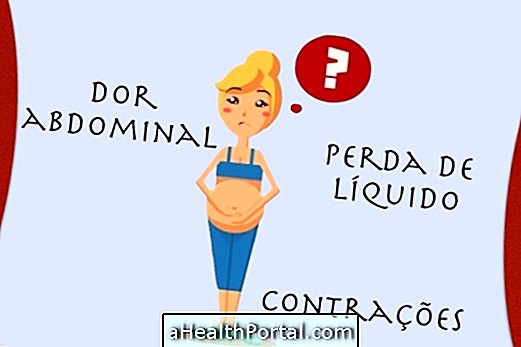Contraindications of vaccines only apply to attenuated bacteria or virus vaccines, ie vaccines that are made from live bacteria or viruses, such as the BCG vaccine, chickenpox, chicken pox, polio and yellow fever .
Thus, these vaccines are contraindicated to:
- Immunosuppressed individuals, such as patients with AIDS, on chemotherapy or transplanted, for example;
- Individuals with cancer;
- Individuals receiving high-dose corticosteroids;
- Pregnant.
All other vaccines that do not contain attenuated bacteria or virus can be administered.
In case the individual is allergic to any component of the vaccine, he should consult an allergist to decide whether or not the vaccine should be administered, such as:
- Allergy to the egg : influenza vaccine, triple viral and yellow fever;
- Allergy to gelatin: influenza vaccine, triple viral, yellow fever, rabies, chickenpox, triple bacterial: diphtheria, tetanus and whooping cough.
In this case, the allergist should assess the risk / benefit of the vaccine and thus authorize its administration.
False Contraindications of Vaccines
False contraindications of vaccines include:
- Fever, diarrhea, influenza, cold;
- Non-evolutionary neurological diseases such as Down's syndrome and cerebral palsy;
- Seizures, epilepsy;
- Individuals with a family history of penicillin allergy;
- Malnutrition;
- Intake of antibiotics;
- Chronic cardiovascular diseases;
- Skin diseases;
- Premature or low birth weight babies, except BCG, which should only be used in children over 2 kg;
- Infants who have had neonatal jaundice;
- Breastfeeding, however, in this case, should be under medical guidance;
- Allergies, except those related to vaccine components;
- Hospital internment.
Thus, in these cases, vaccines can be taken.
Useful links:
- Adverse reactions of vaccines
- Can pregnant women take a vaccine?






















